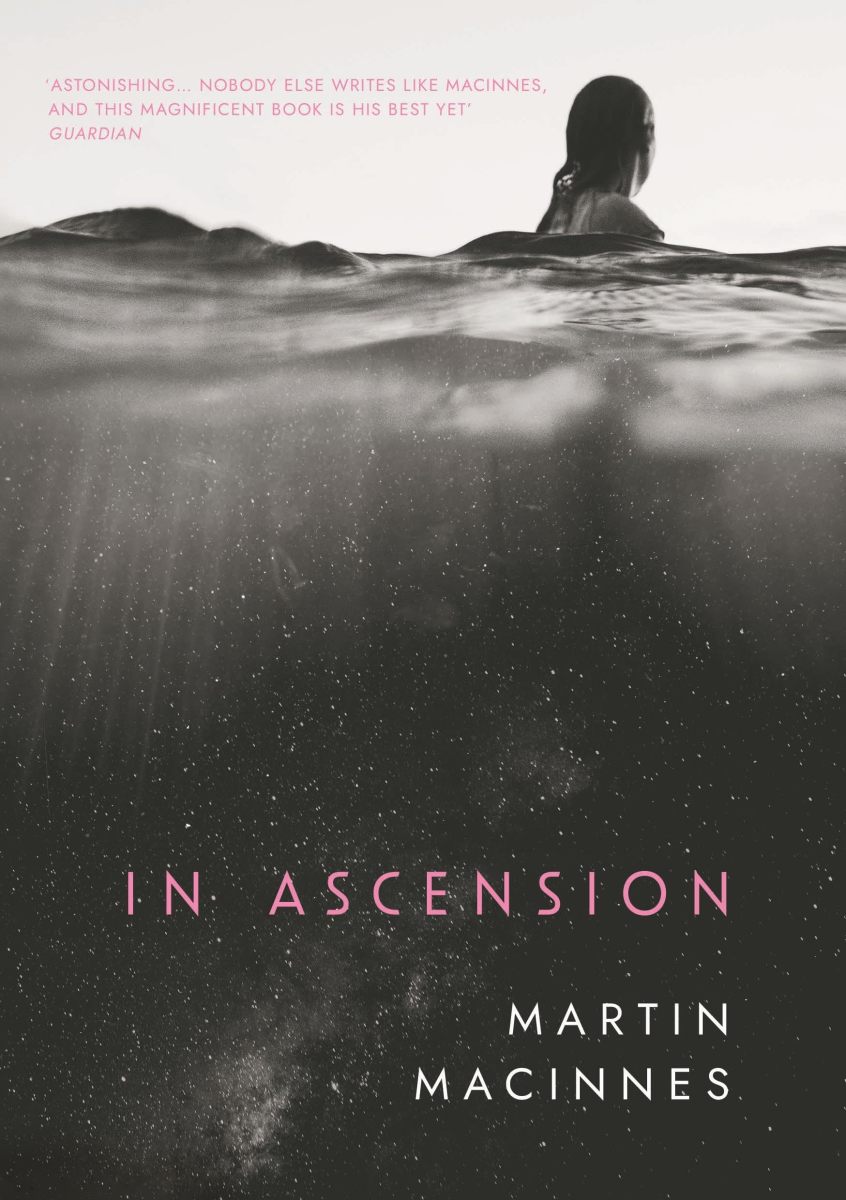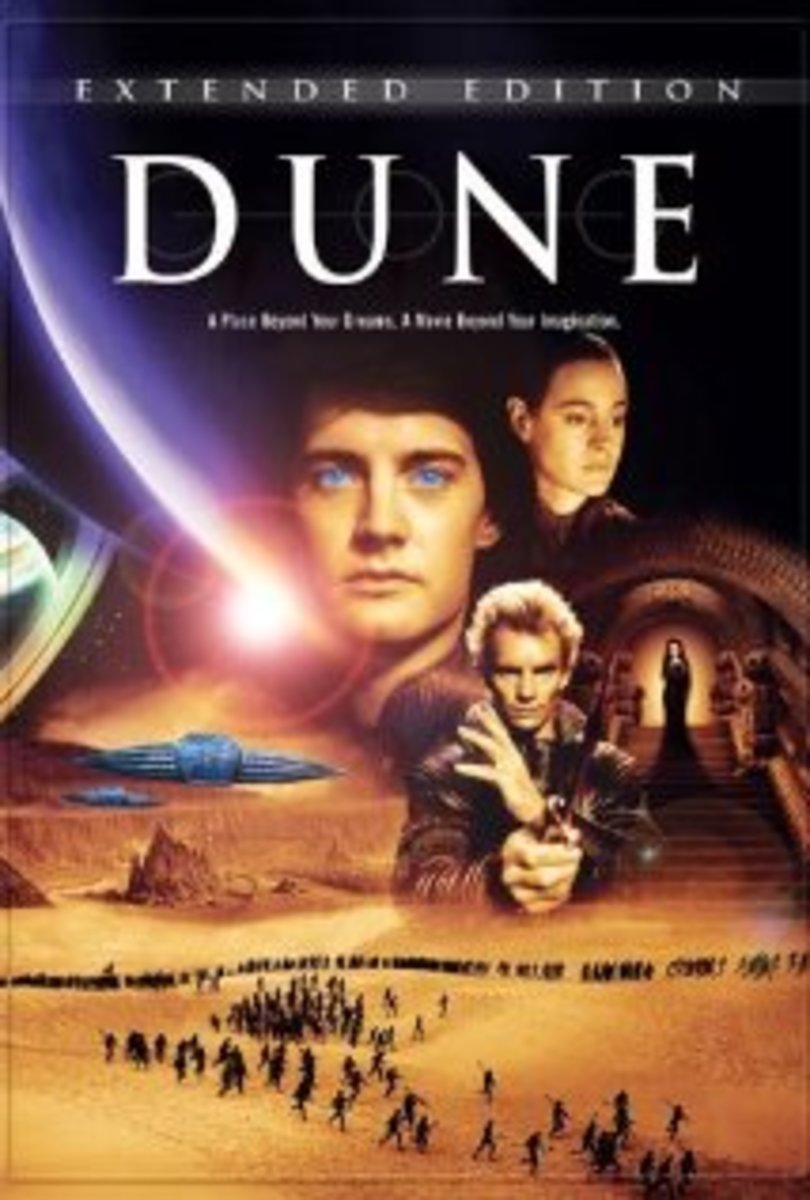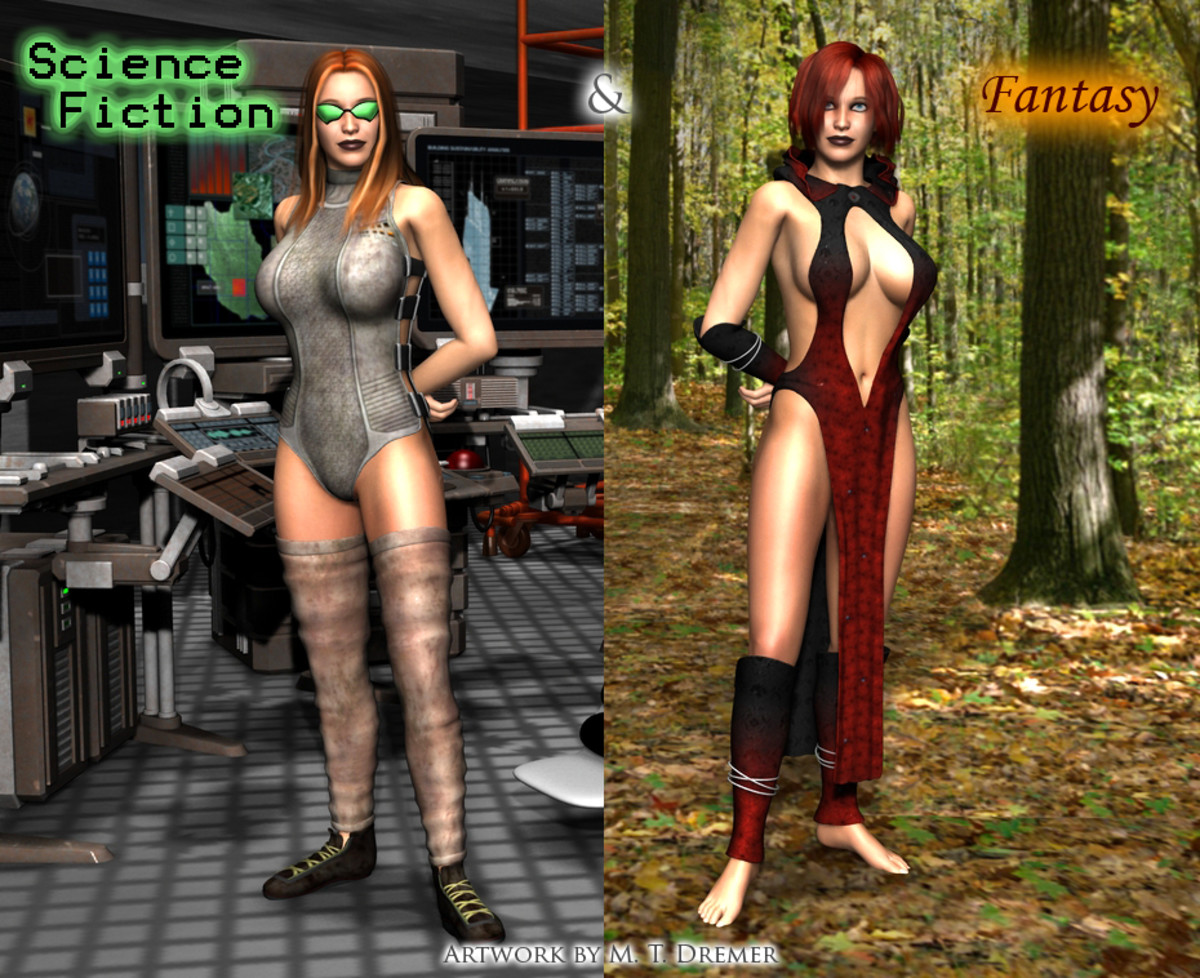Selected Stories of Philip K. Dick: (A Book Review)

Today we're going to consider another collection of stories by science fiction writer, Philip K. Dick. The collection includes some of his very early work: the artist just getting started.
The edition I have is hardcover, about 466 pages, not including the introduction by Jonathan Lethem. The latest edition seems to have been put out by Houghton Mifflin Harcourt (Boston, New York), in 2013. We have twenty-one stories in this collection.
As I said, this volume contains some of PKD's early work. As a result, anyone who is even somewhat familiar with his mature work, can see the development of certain themes, tendencies, and style.
Let me say this: As I always say, to my way of thinking, Philip K. Dick is a science fiction writer for readers who think that they do not like science fiction. I say that for two reasons. First of all, his work does not come under the category of so-called "hard science fiction," which I define as very left-brained, technical; also, it seems to me that in hard science fiction, the imagined scientific and technological apparatus is an end in itself, a constant, geographical character in the story or novel.
In the work of Philip K. Dick, the imagined scientific and technological apparatus is almost never an end in itself. Indeed, it usually serves merely as a springboard into the philosophical ideas he wishes to explore. In a sense, you could say that for Dick, "science fiction" really served more as a kind of delivery system.
The second reason why I say that PKD is a writer for people who think that they do not like science fiction, is inextricably linked to the first. It is something I will call, for our purposes, nomenclature.
What I mean by "nomenclature" is the process, in both science fiction and fantasy, of assigning names to, naturally, imaginary devices, creatures, and processes, which sound perfectly natural and plausible. Now, from my perspective, as a right-brain-oriented person, I think that the filed of "hard science fiction" often goes too far with this process, almost invariably tending to what I like to call over-exoticization.
Here's what I mean by "over-exoticization." It just seems to me---and this is strictly my own personal opinion---that hard science fiction writers, oftentimes try to hard to be "authentic" with their nomenclature that it becomes a distraction, for which one often needs charts and dictionaries and maps and glossaries just to try to keep track of who is who, where is where, and which way is up and which way is down; which, it seems to me, makes what is supposed to be a reasonably "fun" activity of reading a novel, more like academic study.
But that's just me.
Happily, Philip K. Dick does not do that. In his mature work he has a wonderfully relaxed attitude toward nomenclature, so that it never becomes a distraction. For example, in one of his novels, The Divine Invasion, he had occasion to refer to an instrument of planetary security: a mega-supercomputer PKD simply refers to as "Big Noodle."
If you are like me, you chuckle at that and move onto with the story, getting into what PKD is trying to express.
However, any tendency taken too far... can be taken too far. That is to say, that one comes across this tendency is a bit of a less controlled, more raw, more extreme form in some of his early work. Even for one such as myself, this tendency, which I find charming in Dick's mature work, it is slightly irritating and off-putting in its extreme form in his early work.
Those of you with some familiarity with his mature work, might look out for this tendency, in its extreme form, in the story called "The Exit Door Leads In," "The Electric Ant," and perhaps, "Something for Us Tempunauts."
What I'm saying is, that in science fiction it is possible to take "nomenclature" too seriously and not seriously enough.
I feel compelled to mention this: Jonathan Lethem and I may be talking about the same thing, with regards to PKD's use of nomenclature, in different ways, from different perspectives. I am writing this from the perspective of someone who was born in 1970 and only discovered the work of Philip K. Dick a few years ago, within the twenty-first century.
In the introduction of Selected Stories of Philip K. Dick, Mr. Lethem writes: "American SF by the mid-1950s was a kind of jazz, stories built by riffing on stories. The conversation they formed might be forbiddingly hermetic, if it hadn't quickly been incorporated by Rod Serling and Marvel Comics and Steven Spielberg (among many others) to become one of the prime vocabularies of our age."
You see, point of view is everything.
Lethem goes on, more tellingly this way: "Dick is one of the first writers to use these materials with self-conscious absurdity---a 'look at what I found!' glee which prefigures that of writers like Kurt Vonnegut, George Saunders, and Mark Leyner. Yet having set his characters loose inside Rube Goldbergian inventions, Dick detailed their emotional abreactions with meticulous sympathy. His people eke out their days precariously, never knowing whether disaster is about to come at the level of the psychological, the ontological, or the pharmacological."
I want you to take that last bit to heart when you read the stories in this collection like: "Adjustment Team," "I Hope I Shall Arrive Soon," "The Exit Door Leads In," and "The Electric Ant," especially. The protagonists never know when the other shoe is about to drop, but they are certain there is another shoe.
The last part relevant for our purposes, still quoting Lethem: "Even his tyrannical world dictators glance neurotically over their shoulders, wondering if some higher authority is about to cause their reality to crumble or in some other way be exposed as fake. Alternately, they could simply be arrested. Dick earned his collar as High Priest of the Paranoids the old-fashioned way: in his fiction, everyone is always about to be arrested."
You need to take the "paranoid" bit to heart when you approach the science fiction of PKD. If anything, that tendency comes off as relatively extreme in his very early fiction compared to his mature work.
When one reads a good bit of Philip K. Dick's work and looks at cinema, one gets an inkling about just how influential his ideas have been. In this volume are the stories, 'The Minority Report," which became the Tom Cruise blockbuster of the same name, and "We Can Remember It for You Wholesale," which became the first Arnold Schwarzenegger then Colin Farrell blockbusters, "Total Recall." Enough said about that.
Beyond Lies the Wub
This is the first story in the collection and it is relatively straightforward, quirky fun. The story involves an intelligent, deliciously edible, telepathic creature called a "wub."
Roog
To tell the truth, its hard to divine what this story is about. Seriously! But that doesn't make it any less delightful. And I mean that!
Paycheck
Let me just say this: I would not be surprised if this story was the inspiration for the Jason Bourne films and the cable television show, Legends.
Second Variety
Terrifying consequences of an arms race; a "who's fighting whom" sort of deal.
Impostor
This story was clearly the inspiration for the SF motion picture of the same name, starring Gary Sinise and Vincent D'nofrio.
The King Of The Elves
This one was a bit of a change of pace of PKD. It was classical fantasy transposed over a contemporary setting---kind of like the ABC drama, "Once Upon a Time"---involving the ongoing war between the Elves and Trolls.
Adjustment Team
I hate to keep saying this, as it is getting redundant: But I would not be surprised if this story was the inspiration for the film, Dark City starring Rufus Sewell and Kiefer Sutherland in 1998.
Foster, You're Dead
Remember when the American government was making the public hysterical about the prospect of nuclear war with the Soviet Union; while, at the same time promoting the fine living to be had in an underground bomb shelter? (Get Yours Today!) And remember the ads for the bomb shelters, showing a family of four, smiling, contented, with enough of the good things of life crammed in there to do just fine for six months, or even a year?
And remember when the government had the schools drill the children in what to do in case of an atomic attack?
They were to duck under their wooden desks.
Remember that?
No? Then ask your grandparents about it. "Foster, You're Dead" is no more strange.
Upon The Dull Earth
I consider this one of the few horror stories Dick may have ever written. It involves bloodthirsty angels and the dangers of resurrection.
Autofac
The story is a strange and seemingly pointless one. It involves automatic production, machine-controlled production of all human essentials in wartime. Of course, this being a Philip K. Dick story, the automatic production will not stop even when the war has been concluded and human beings are ready to resume industrial production for themselves.
When you read this story, you will see how relentlessly purposeful and self-driven the automatons can be.
The Minority Report
As I said, it was the inspiration for the Tom Cruise blockbuster film of the same name.
The Days Of Perky Pat
This story seems to have formed the nucleus of a novel Dick wrote called "The Three Stigmata of Palmer Eldritch," with one or two modifications. In this early form, however, I hesitate to even call this a work of science fiction. Let me say this is one of the two saddest stories in the collection.
The Earth is a wasteland and surviving humanity lives in underground compounds, little colonies. The only way they can cope is to play an elaborate game of make-believe, imagining the way life use to be before the disaster. It is a game called "Perky Pat."
The layout is sort of a model city. There is a game that is played, but the nature of it is never made clear. One way to think of it is as a precursor to "Reality TV," you know, like "Big Brother." As you know, there is no discernible purpose to that show, in terms of competition. In some vague way you are suppose to avoid being "voted out" by the other "housemates," until you're the last man standing.
Anyway...
Precious Artifact
PKD is at his best. Some of you may have heard about an upcoming television series called, "The Man In The High Castle," which is based on PKD's novel. Mr. Dick's interrogation of reality itself is relentless as he makes us ask the question: "Who won this war, anyway?"
A Game Of Unchance
Again, this is just a weird one. Maybe it was just written for entertaining fun. It involves the false promises of traveling, extraterrestrial carnivals. But keep that "false promises" thing in the back of your mind as you read this one.
We Can Remember It For You Wholesale
As I said, this story was the basis for the film, "Total Recall."
Faith Of Our Fathers
This story combines two of PKD's literary obsessions: What is reality? and How do we know that God exists? Not only that but an idea of "God" is given that takes out the middleman of the Devil.
Not only that, but "God"-power is combined with the use of pharmacology. In one sense, this story should remind you of a portion of the first "Matrix" movie, when Neo is offered either the "red pill" or the "green pill": one to go on perceiving the world as he had been doing; and the other to enable him to see the "real" world.
The Electric Ant
A man discovers that he is really an "organic robot," a so-called "ant." PKD grapples with eternal questions in this one, however: Am I the dreamed or the dreamer?
A Little Something For US Tempunauts
A "tempunauts" is not a space traveler, as in "astro," but a time traveler, as in "temp." Three U.S. tempunauts have an accident upon "reentry" that has put them in a "closed time loop," which means that they keep reliving the same day over and over. The twist is that they are all known and acknowledged to be dead by everybody; but are also known and acknowledged to have a sort of extra-corporeal, conscious existence simultaneously.
I can't make it sound any clearer than that, I'm afraid. Read the story to see what I mean!
The Exit Door Leads In
Here's what I want you to keep in the back of your mind as you read this story. Thomas Jefferson is said to have said that a healthy country should either have a revolution or constitutional overhaul every twenty years.
Remember, it was ultimate figure of the establishment, Thomas Jefferson saying this. Keep thinking about that as you read this tale.
Rautavaara's Case
This is a kind of combination science fiction-horror story, a masterpiece of psychological terror brought to you by an alien "boogeyman."
What are the factors preventing a meeting of sentient races across the universe? Could one of them be religious incompatibility?
I Hope I Shall Arrive Soon
This is tied for saddest story in this collection. A group of travelers are in suspended animation, because their journey will take ten years. One of the travelers has woken up early because his own neurotic personality will not give him any peace, even in the black void of space.
Thank you for reading!
Thus ends the catalogue of "Selected Stories of Philip K. Dick" with introductory remarks by Jonathan Lethem.








